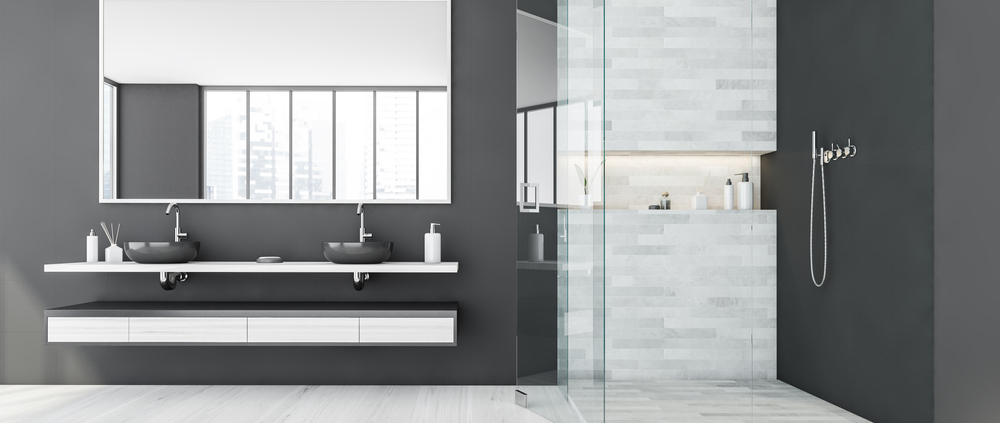The Ritual Bath (ghusl): Obligatory, Recommended, and Disliked Acts
Hanafi Fiqh
Answered by Shaykh Faraz Rabbani
Question: Could you please mention the obligatory and recommended acts for the ritual bath (ghusl)? What necessitates it?
Answer: Wassalam
The Purificatory Bath (Ghusl)
Obligatory Acts:
The obligatory actions of the purificatory bath are:
(1) To rinse out the mouth and (2) nose, and
(3) to wash the entire body, including all that is possible to wash without undue hardship.
It is not necessary for a woman to undo her braids, if the water reaches the roots of her hair, (f: and it is not necessary that the water reach all her braided hair).
It is necessary, however for a man who had braids to undo them (f: to ensure that the water reach every single hair).
Confirmed Sunna Acts
Its confirmed sunnas are:
(1) To begin by saying Bismillah (In the name of Allah) before revealing one’s nakedness (`awra), and with an intention (f: as in the ablution).
(2) To begin by washing one’s hand, private parts, and any filth (najasa) that may be on the body.
(3) Then one washes both private parts, even if they are free of filth.
(4) Then one performs a complete ablution.
(5) Then one pours water on one’s body three times, making sure the entire body is washed each time.
(6) One begins with the head, then the right should, then the left, and then the rest of the body. One wipes with the first washing.
(7) The body parts should be washed successively (f: without excessive intervals).
Unlike the ablution, it is valid to wash a body part with the water used in washing another, as long as it is enough to drip.
If one submerges oneself in flowing water, or moves in a large body of still water, it is considered that all the sunna acts were performed.
Proper Manners & Disliked Actions
Its proper manners (adab) are:
The same proper manners as in ablution,
Except that one does not face the qibla
The actions disliked in the ablution are disliked in the purificatory bath.
What Necessitates the Ritual Bath (ghusl)
Ghusl is only necessary after:
(1) Ejaculation
(2) Intercourse
(3) Menstruation
(4) Post-natal bleeding
[Turmurtashi, Tanwir al-Absar; Shurunbulali, Maraqi al-Falah; `Ala al-Din ibn `Abidin, Hadiyya]
Walaikum assalam,
Faraz Rabbani
